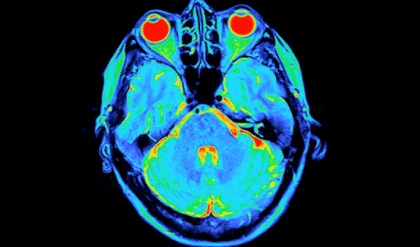
In a continuing investigation into the multibillion-dollar drug ticagrelor, known commercially as Brilinta in the United States and Brilique in Europe, new concerns have emerged regarding critical platelet studies that underpinned its approval by the Food and Drug Administration (FDA). For over a decade, ticagrelor has been a recommended treatment for patients suffering from acute coronary syndrome, a collection of conditions marked by a sudden decrease in blood flow to the heart.
In December 2022, a report by The BMJ raised alarms about significant data integrity issues related to the pivotal clinical trial known as PLATO, which was instrumental in securing global approval for ticagrelor. This investigation cast doubts on the drug’s superiority over less expensive alternatives.
As generic versions of ticagrelor are set to enter the market this year, The BMJ has broadened its inquiry to include two essential platelet studies that AstraZeneca has promoted as evidence of ticagrelor’s effectiveness in treating acute coronary syndrome. The latest findings reveal that the primary endpoint results, a crucial measure of success for these clinical trials, were inaccurately reported in the prestigious cardiology journal Circulation. Additionally, over 60 out of the 282 platelet readings from the devices used in these studies are absent from FDA datasets, raising further questions about the reliability of the data.
Compounding these issues, one prominent investigator involved in the trials did not appear as an author on any related studies. Another author indicated to The BMJ that he was not directly involved in the trial, and many of the investigators, including the principal investigator, either could not be reached for comment or chose not to participate in the interview process.
Victor Serebruany, an adjunct faculty member at Johns Hopkins University and a leading critic of ticagrelor, expressed concern over these findings. He noted, “There are episodes of skyrocketing rebound and profound platelet inhibition after ticagrelor, making patients prone to thrombosis or bleeding. If doctors had been aware of what transpired during these trials, they would likely never have prescribed ticagrelor.”
Attempts by The BMJ to receive comments from both Circulation and AstraZeneca have gone unanswered, leaving many questions unresolved. Serebruany continued, “It has been apparent for years that there is something fundamentally wrong with the data. It is unconscionable that the FDA’s leadership could overlook these issues—especially given the concerns raised by their own reviewers, which are now being corroborated by our investigation. It is critical for the public to understand how and why such oversights occurred.”
These revelations come at a time when public confidence in pharmaceutical approvals is increasingly under scrutiny, and they raise important ethical questions about data transparency and the ramifications for patient safety. As the situation develops, continued scrutiny is likely necessary to ensure that the standards of clinical research are upheld for the benefit of patients and healthcare providers alike.
Reference:
- Peter Doshi. Ticagrelor doubts: inaccuracies uncovered in key studies for AstraZeneca’s billion dollar drug. BMJ, 2025; 389: r1201 DOI: 10.1136/bmj.r1201






